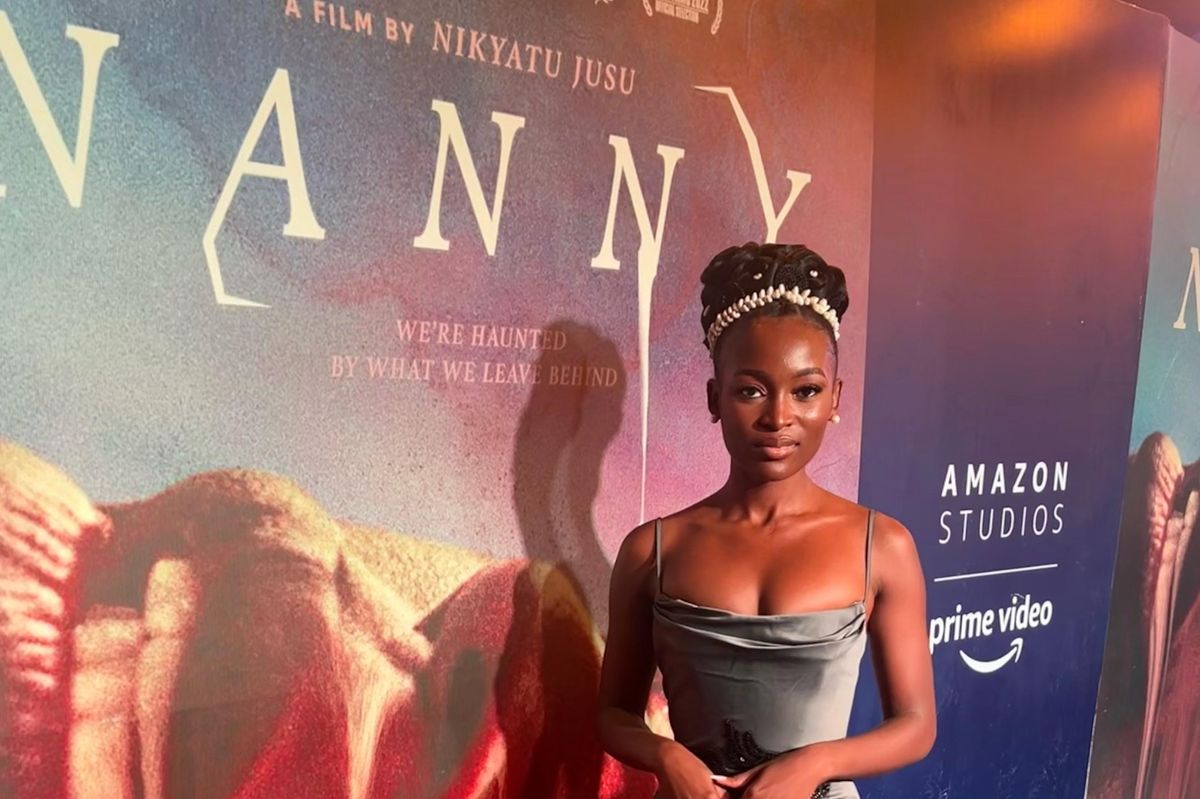
Zephani Idoko attends the film's premiere at the African International Film Festival in Nigeria.
Photo: Zephani Idoko
SEARCH

Zephani Idoko attends the film's premiere at the African International Film Festival in Nigeria.
The Nigerian actress is building her resume of playing roles in notable productions, like Nikyatu Jusu's award-winning film, which releases on Prime Video this weekend.